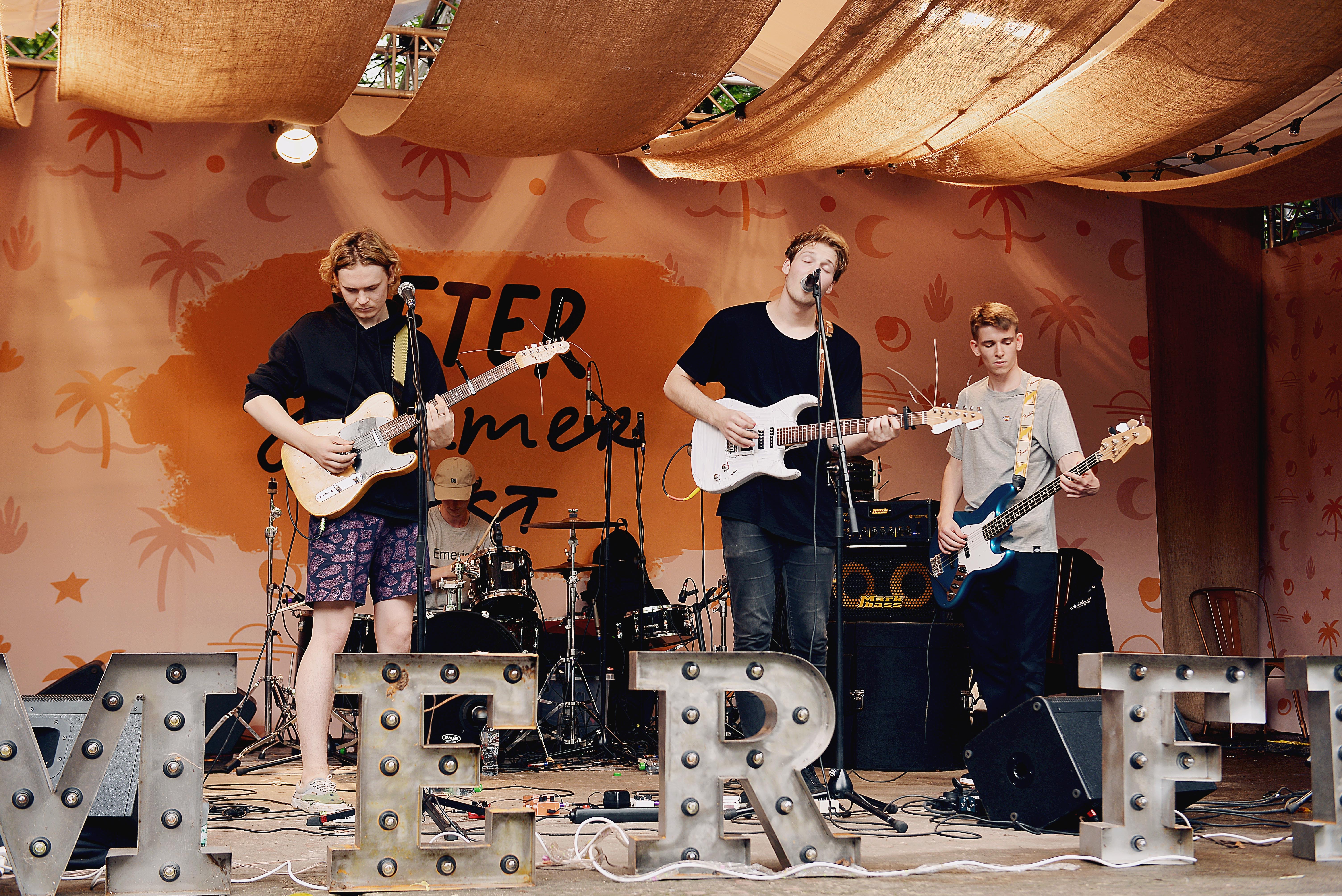Democratising The Music Festival.

The democratisation of the music industry has increased since the late 70s and continues to be a fundamental aspect of the industry today. The advancements in technology to help create music combined with distribution over the internet have been the engines behind this process but can the same principles be applied to the music festival industry.
The traditional music industry was historically controlled by the record labels and distribution companies. There was a fundamental shift of this during the punk rock scene of the late 70s when artists and bands launched music on small independent record labels and managed the distribution themselves. It was also a period when anyone who wanted to pick up an instrument and have a go could, whether they could actually play or not. This really kick started the democratisation of the music industry and now technology and the internet are the modern-day enablers for any budding artist who wants to create and perform music.
Can the same principles be applied to music festivals by putting creative control in the hands of the people rather than a handful of organisers both independent and corporate? Most festival-goers are paying to see a carefully curated selection of popular artists and this is often the premise behind most music festivals. There are perhaps opportunities for festival organisers to introduce a more democratised element to their music festivals without diluting the quality or experience for festival-goers.
New Talent.
Democratising the music festival is all about putting creative control back in the hands of the fans and artists and whilst that is never likely to happen there are attempts by some organisers to open up their events to more public engagement when it comes to any new talent used. This can be an ideal platform for discovering new talent and it could perhaps bypass those who like to control which talent gets selected.
People's Choice.
Some festivals already provide dedicated stages to potential new talent but they are usually pre-selected. On rare occasions artists may request a set with or without providing sample material, this can depend on how risk averse the organisers are. Performance artists applying can be allocated a short set of 15 or 20 minutes and depending on the audience reaction can be given more time or will have to leave when their time is up. This puts some control back in the hands of the audience as they can determine if an artist stays on longer than their allocated time.
Plug and Play.
This format is very rare and confined to the more grassroots bluegrass festivals, however, there is no reason why the future would not see budding artists just pick up some instruments and start playing. Controlling the logistics would be challenging but it does provide an environment where the festival content is more democratised.
For festival organisers planning their events using a software management platform like Festival Pro gives them all the functionality they need manage every aspect of their event logistics. The guys who are responsible for this software have been in the front line of event management for many years and the features are built from that experience and are performance artists themselves. The Festival Pro platform is easy to use and has comprehensive features with specific modules for managing artists, contractors, venues/stages, vendors, volunteers, sponsors, guestlists, ticketing, cashless payments and contactless ordering.
Photo by Anna Tis, Pexels
<< Back to articles
Contact us
Get in touch to discuss your requirements.
US: +1 424 485 0220 (USA)
UK: +44 207 060 2666 (United Kingdom)
AU: +61 (2) 8357 0793 (Australia)
NZ: +64 (0)9887 8005 (New Zealand)